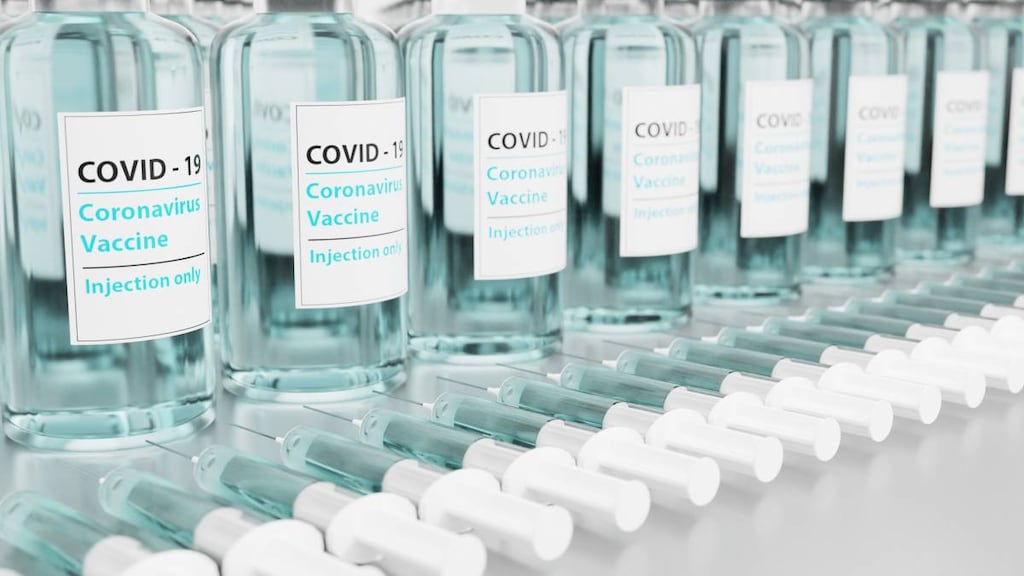What is Veklury?
Veklury is a prescription medicine used to treat adults and children 12 years of age and older and weighing at least 88 pounds (40 kg) with coronavirus disease 2019 (COVID-19) requiring hospitalization.
It is not known if Veklury is safe and effective in children under 12 years of age or weighing less than 88 pounds (40 kg).
Who should not take Veklury?
Do not take Veklury if you are allergic to remdesivir or any of the ingredients in Veklury. See the end of this guide for a complete list of ingredients in Veklury.
What should I tell my healthcare provider before using Veklury?
Before receiving Veklury, tell your healthcare provider about all your medical conditions, including if you:
- have kidney problems
- have liver problems
- are pregnant or plan to become pregnant. It is not known if Veklury can harm your unborn baby. Tell your healthcare provider right away if you are pregnant.
- are breastfeeding or plan to breastfeed. It is not known if Veklury can pass into your breast milk. Talk to your healthcare provider about the best way to feed your baby.
Tell your healthcare provider about all the medicines you take, including prescription and over-the-counter medicines, vitamins, and herbal supplements. Veklury may interact with other medicines.
Especially tell your healthcare provider if you are taking the medicines chloroquine phosphate or hydroxychloroquine sulfate.
How should I use Veklury?
- Veklury is given to you through a vein by intravenous (IV) infusion one time each day for up to 10 days. Your healthcare provider will decide how many doses you need.
What are the possible side effects of Veklury?
Veklury may cause serious side effects, including:
- Allergic reactions. Allergic reactions can happen during or after infusion with Veklury. Tell your healthcare provider right away if you get any of the following signs and symptoms of an allergic reaction:
- changes in your heart rate
- rash
- fever
- nausea
- shortness of breath, wheezing
- sweating
- swelling of the lips, face, or throat
- shivering
- Increase in liver enzymes. Increases in liver enzymes are common in people who have received Veklury and may be a sign of liver injury. Your healthcare provider will do blood tests to check your liver enzymes before and during treatment with Veklury as needed. Your healthcare provider may stop treatment with Veklury if you develop new or worsening liver problems.
The most common side effect of Veklury is nausea. These are not all of the possible side effects of Veklury. Call your doctor for medical advice about side effects. You may report side effects to FDA at 1-800-FDA-1088.
General information about the safe and effective use of Veklury
Medicines are sometimes prescribed for purposes other than those listed in a Patient Information guide. You can ask your pharmacist or healthcare provider for information about Veklury that is written for healthcare professionals.
What are the ingredients in Veklury?
Active ingredient: remdesivir
Inactive ingredients:
- Veklury for injection: betadex sulfobutyl ether sodium and may include hydrochloric acid and/or sodium hydroxide for pH adjustment.
- Veklury injection: betadex sulfobutyl ether sodium, Water for Injection, USP, and may include hydrochloric acid and/or sodium hydroxide for pH adjustment.
For more information, call 1-800-445-3235 or go to www.VEKLURY.com.





